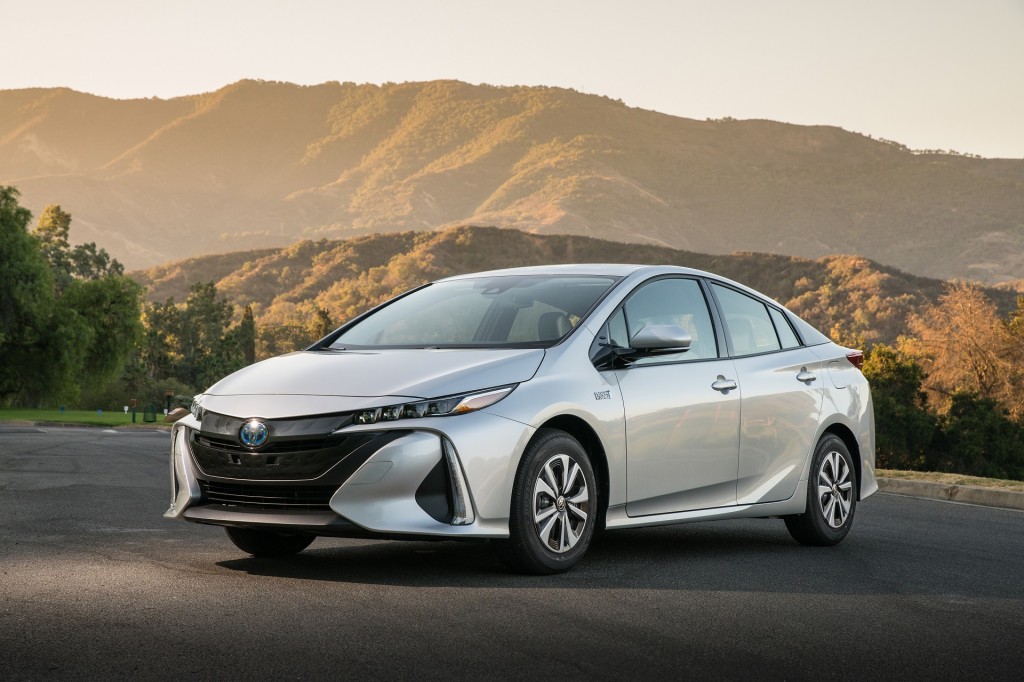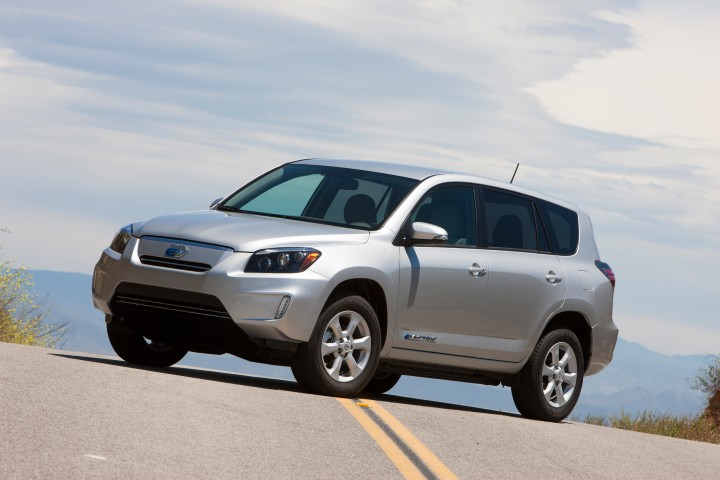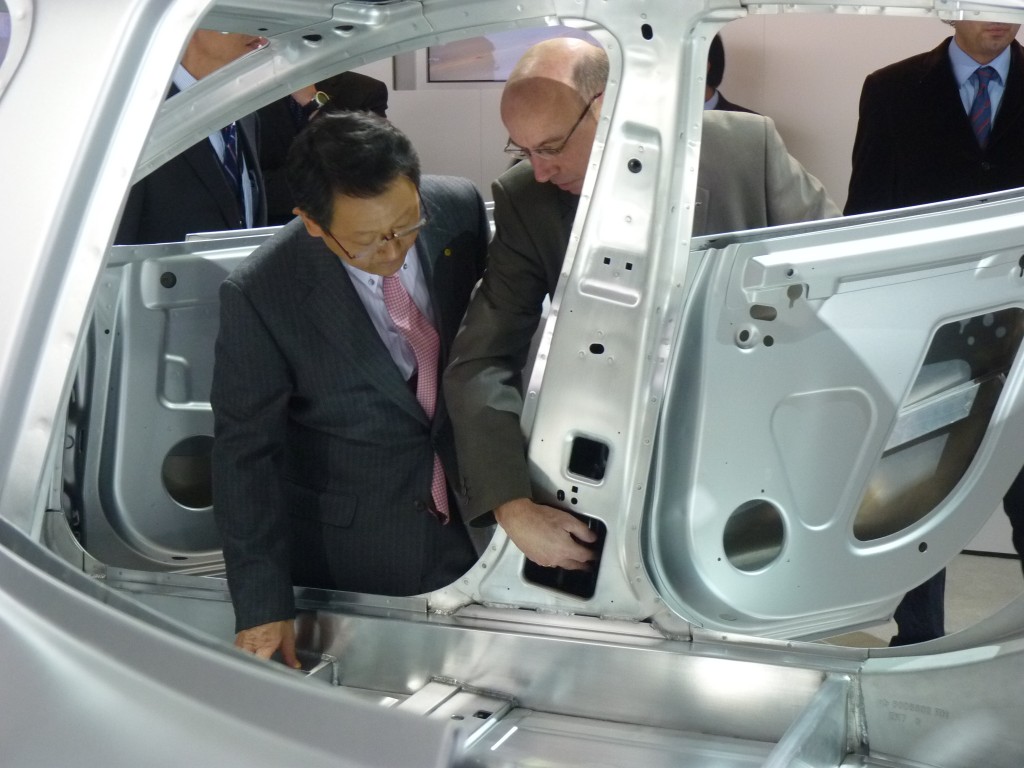Very little is known for sure about the long-range electric car Toyota will launch around 2020.
Over the last two years, the company—by far the industry's strongest proponent of hydrogen fuel-cell vehicles—has concluded it must field a battery-electric vehicle to stay competitive.
Toyota is likely unhappy about it, but regulations in China will require every automaker to sell fast-rising numbers of electric cars, starting very soon.
DON'T MISS: 2020 Mazda electric car to share Toyota underpinnings, technology
On Thursday morning, one small piece of the puzzle came into focus.
A press release jointly issued by Toyota, the much smaller maker Mazda, and the large parts supplier Denso said the three firms will form a joint venture to develop "basic structural technologies for electric vehicles."
To be named EV Common Architecture Spirit Company, the new venture will draw on specific expertise at each of the three.

2017 Toyota Prius Prime Premium

2002 Toyota RAV4 EV on eBay

2012 Toyota RAV4 EV
Specifically, the press release said:
This agreement covers a diverse range of models, from minivehicles to passenger vehicles, SUVs, and light trucks, and aims to innovate the development process by combining the strengths of each company, including Mazda's bundled product planning and prowess in computer modeling-based development, Denso's electronics technologies, and the Toyota New Global Architecture (TNGA) program.
That rather dense sentence contains several hints as to why this announcement is important.
READ THIS: Toyota, Mazda plan joint plant in U.S., electric-car cooperation
First, the TNGA underpinnings that are spreading across Toyota's highest-volume global vehicles (including the Prius hybrid and the Camry sedan) will be used for the electric car as well.
Second, Toyota's product planners and engineers more or less nod to Mazda's "prowess" in using computer modeling to develop many different vehicles from a single set of components.
Finally—and perhaps most interesting—the reference to "a diverse range of models" signals that Toyota has realized an electric car isn't a one-off vehicle for compliance.

2020 Mazda 3 prototype
Among the two carmakers, it appears that several different long-range battery-electric vehicles are being developed, or will be in the future.
Kiyoshi Fujiwara, Mazda’s senior managing executive officer with oversight of research and development, described the company's upcoming all-electric car to Green Car Reports as “an individual top hat" on a platform shared with Toyota.
But it's possible that Toyota and Mazda will each have a different type of vehicle: one gets a hatchback, the other a crossover utility vehicle, perhaps?
CHECK OUT: China To Force Toyota To Build Electric Cars It Loathes (Apr 2015)
The relative importance of Toyota's late entry into electric cars was signaled two years ago, when news emerged that said Toyota CEO and namesake Akio Toyoda himself would head the team developing the vehicle expected to launch in 2020.
When he took the helm of the company eight years ago , Toyoda pressed for its developers to inject more passion into its products (largely viewed as supremely reliable but remarkably dull) and to move faster to meet changes coming in the market.
Forming a joint venture may be one way for Toyota to launch its electric car—or several of them—to make up the time it has lost as battery costs have fallen far faster than the predictions of 10 years ago said they would.

Toyota Motor Corporation president Akio Toyoda, at Tesla stand, 2011 Detroit Auto Show
EV Common Architecture Spirit, the new company, is still largely a Toyota subsidiary: It owns 90 percent, with Mazda and Denso taking 5 percent apiece.
It follows an August announcement that Toyota and Mazda would cooperate on several fronts: they will develop electric-car, advanced safety, and connected-car technologies, and they will also build a shared U.S. assembly plant.
That plant will produce the Toyota Corolla compact sedan and a new crossover utility vehicle for Mazda.
_______________________________________













